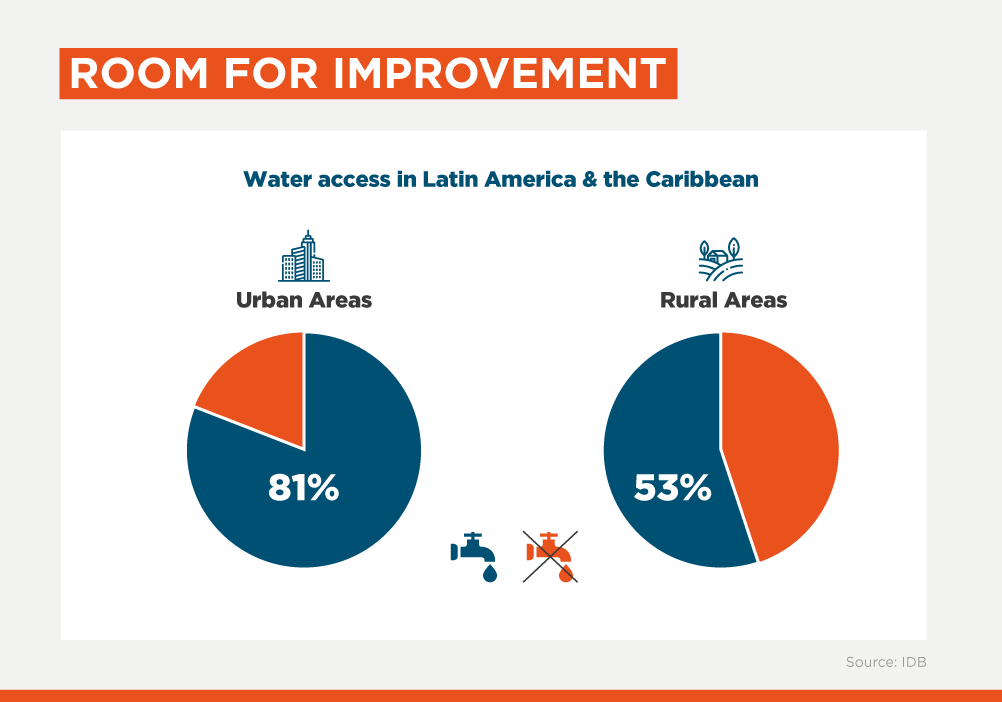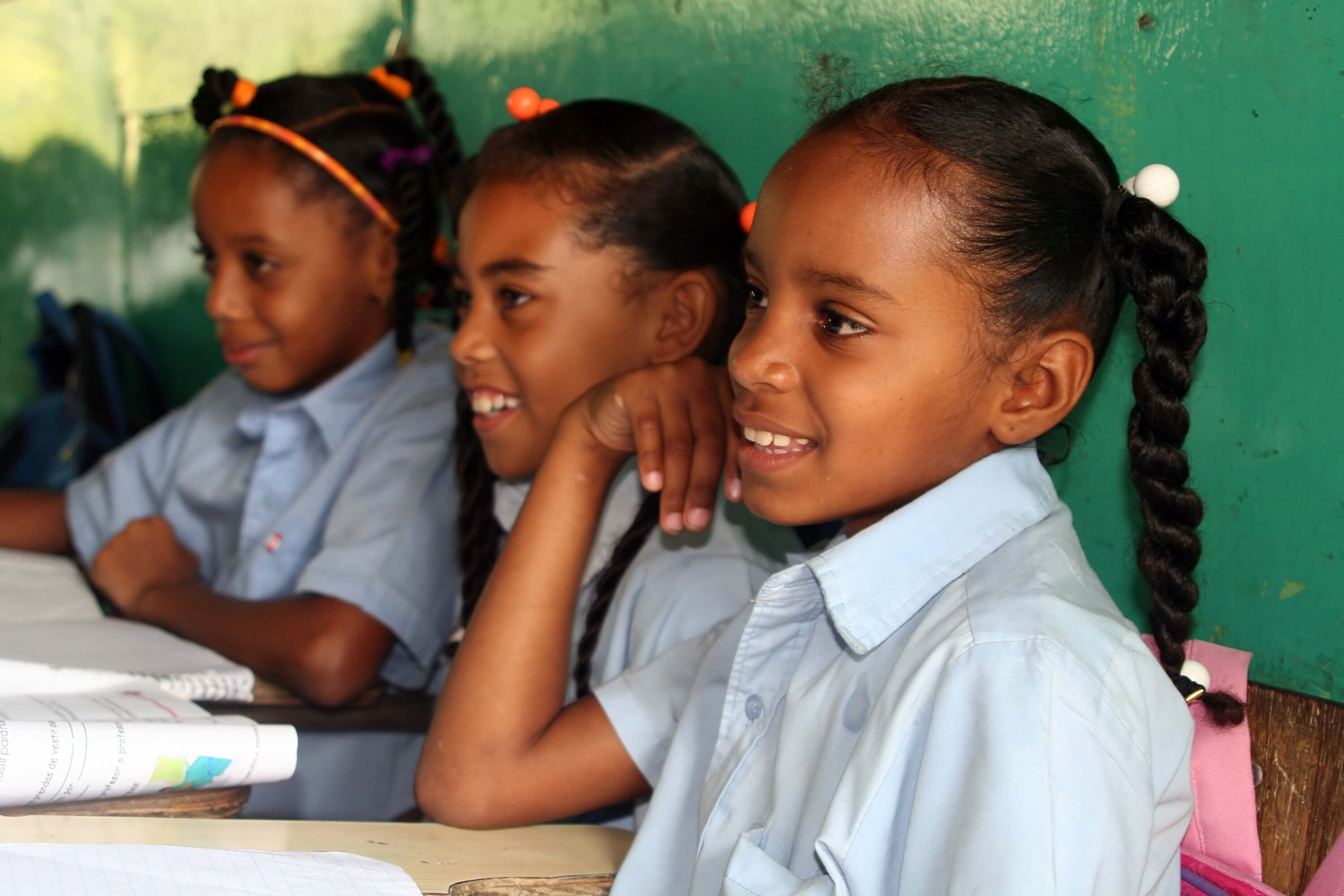IDB World: Rural Housing, Childhood & Climate Change, Agtech Revolution

How to Overcome the Challenges of Rural Housing in Latin America and the Caribbean
Latin America and the Caribbean (LAC) is the most urbanized developing region in the world. Nearly 80% of its population lives in cities, presenting social, political, economic and environmental challenges. The other 20%, however, lives in rural areas where houses are often inadequate and precarious, and are located in areas prone to hydrometeorological and geological disasters.
In this post of a series of articles on housing in LAC, we will address the state of the housing sector in the rural areas of the region. We will review the challenges posed by the housing deficit and how the IDB Group is helping to overcome them.
In 2021, 44% of the rural inhabitants in LAC lived in poverty and 21% in extreme poverty (compared to 11% in urban areas). Although LAC countries have striven to close this gap, the rural population is still way behind the urban population in terms of access to basic services. Only 53% of the rural population has access to water vis-à-vis 81% in urban areas. And of the 106 million people with a lack of enhanced sanitation facilities, 46 million live in rural areas.

The Impact of Climate Change on Early Childhood: No Time to Lose
The United Nations Committee on the Rights of the Child has recently announced the adoption of General Comment No. 26 on children's rights to a clean, healthy and sustainable environment. It emphasized the urgent need to address the adverse effects of climate change and environmental degradation on children’s rights in general, while calling for immediate action to protect the most vulnerable.
Climate change refers to long-term shifts in temperatures and weather patterns that increase the frequency and intensity of extreme weather events and disasters. A recent IDB publication states that Latin America and the Caribbean (LAC) is the second most disaster-prone region in the world, with events such as storms, hurricanes and droughts especially affecting poor households. In this context, children in the region are particularly vulnerable.
Studies conducted in LAC have revealed that floods, tropical storms, and extreme temperatures have brought about negative effects during the gestation period, affecting newborn health, early childhood nutrition, and school performance. Other studies have also shown that early exposure to climate change shocks has an impact on vocabulary learning and school performance in a wide range of contexts, such as Peru and India. Globally, the World Health Organization stated that 1.7 million children under the age of 5 die each year as a result of environmental pollution.
The agtech revolution in the Andean region: how is technology transforming the agricultural future?
The agriculture sector has traditionally been important for the Andean Region. According to the study "New horizons of productive transformation in the Andean Region," this sector accounted for 8.5% of GDP in the region between 2012 and 2021, historically ranking as the second most important. Added to this is the fact that, over time, the relevance of technologies, especially digital ones, to address the main challenges of agri-food systems is increasingly evident. In this way, the prominent development of Agtech offers a unique opportunity for Andean agricultural development.
Agtech or agritech are terms that refer to the use of technology in agriculture and can refer to both products and services. On the one hand, there are examples of the use of technological devices that improve the execution of certain activities, such as drones, robots, sensors, among others. On the other hand, it also includes mechanisms to optimize the use of information derived from said devices through data processing and analysis. Thus, the development of artificial intelligence (AI), software development and big data are also fundamental tools in agtech.
LIKE WHAT YOU JUST READ?
Subscribe to our mailing list to stay informed on the latest IDB Invest news, blog posts, upcoming events, and to learn more about specific areas of interest.
Subscribe



